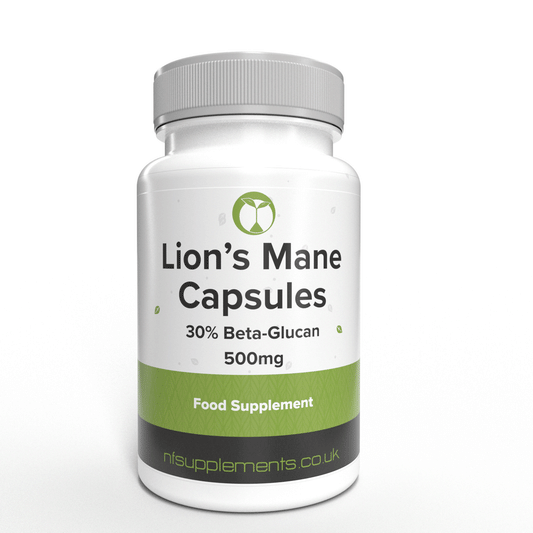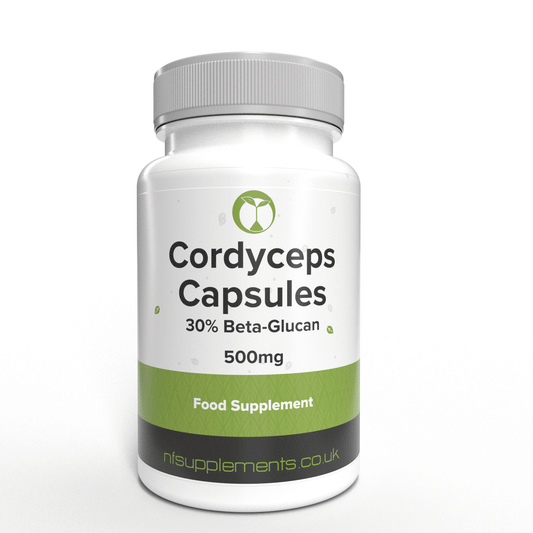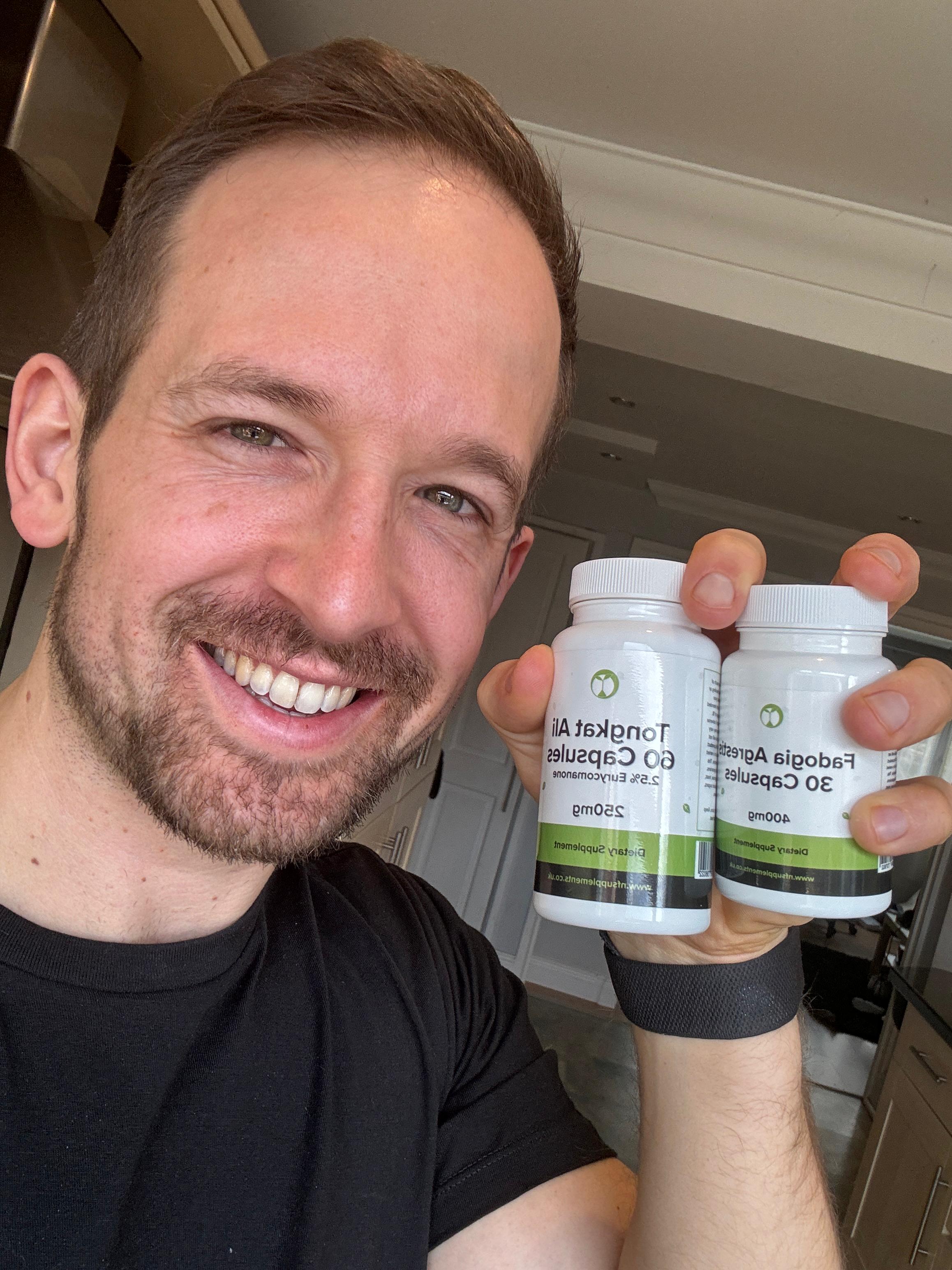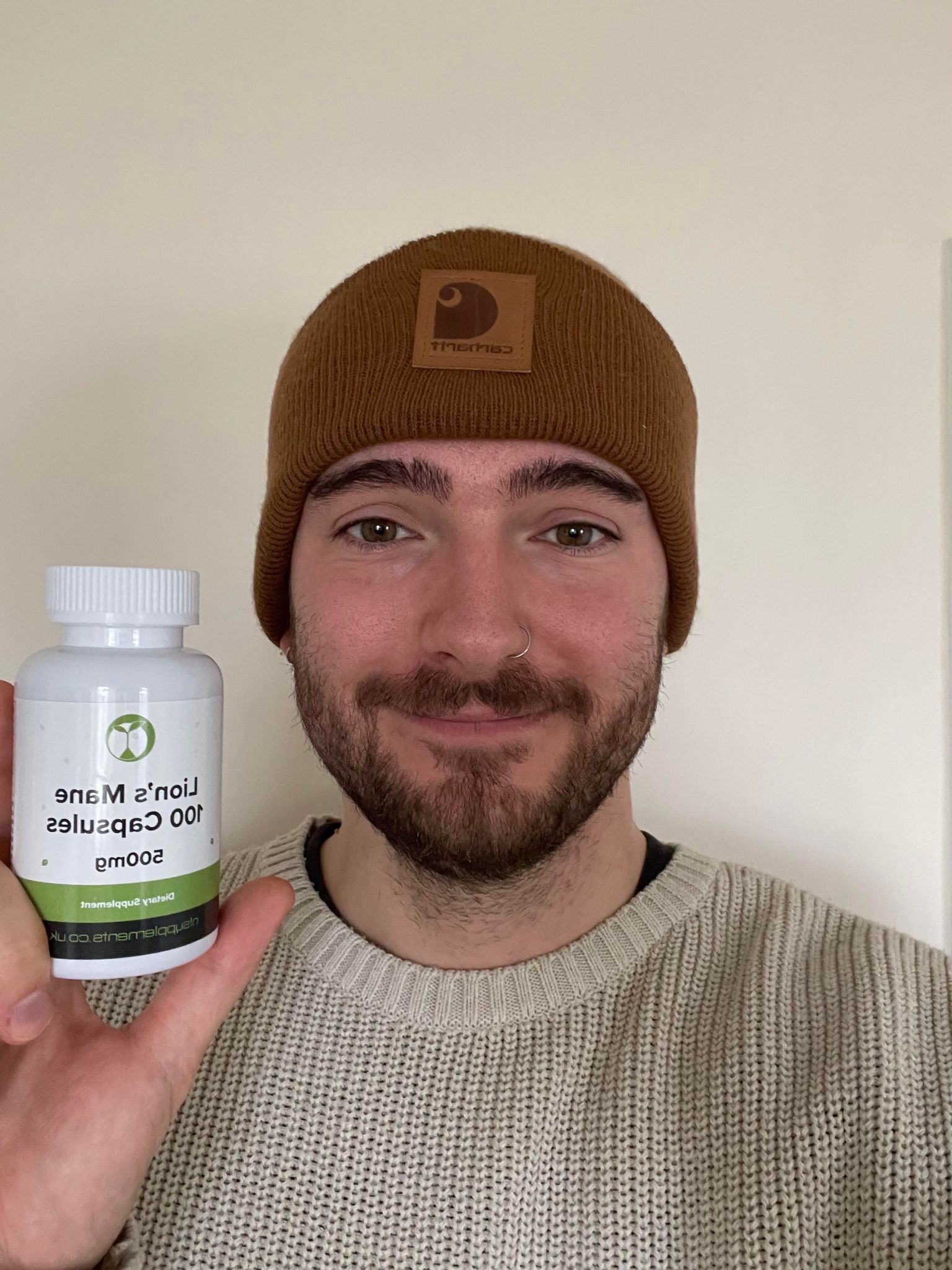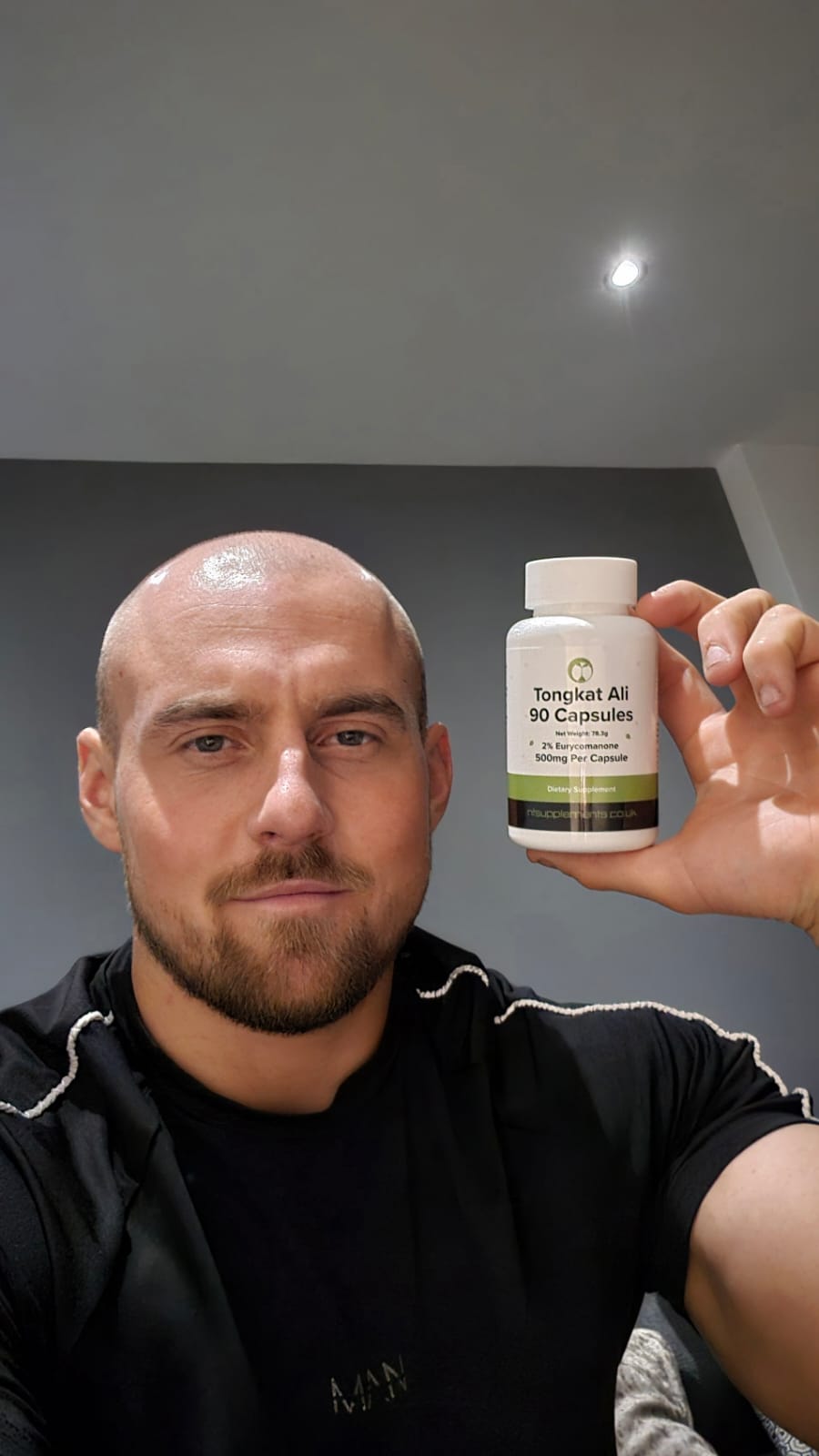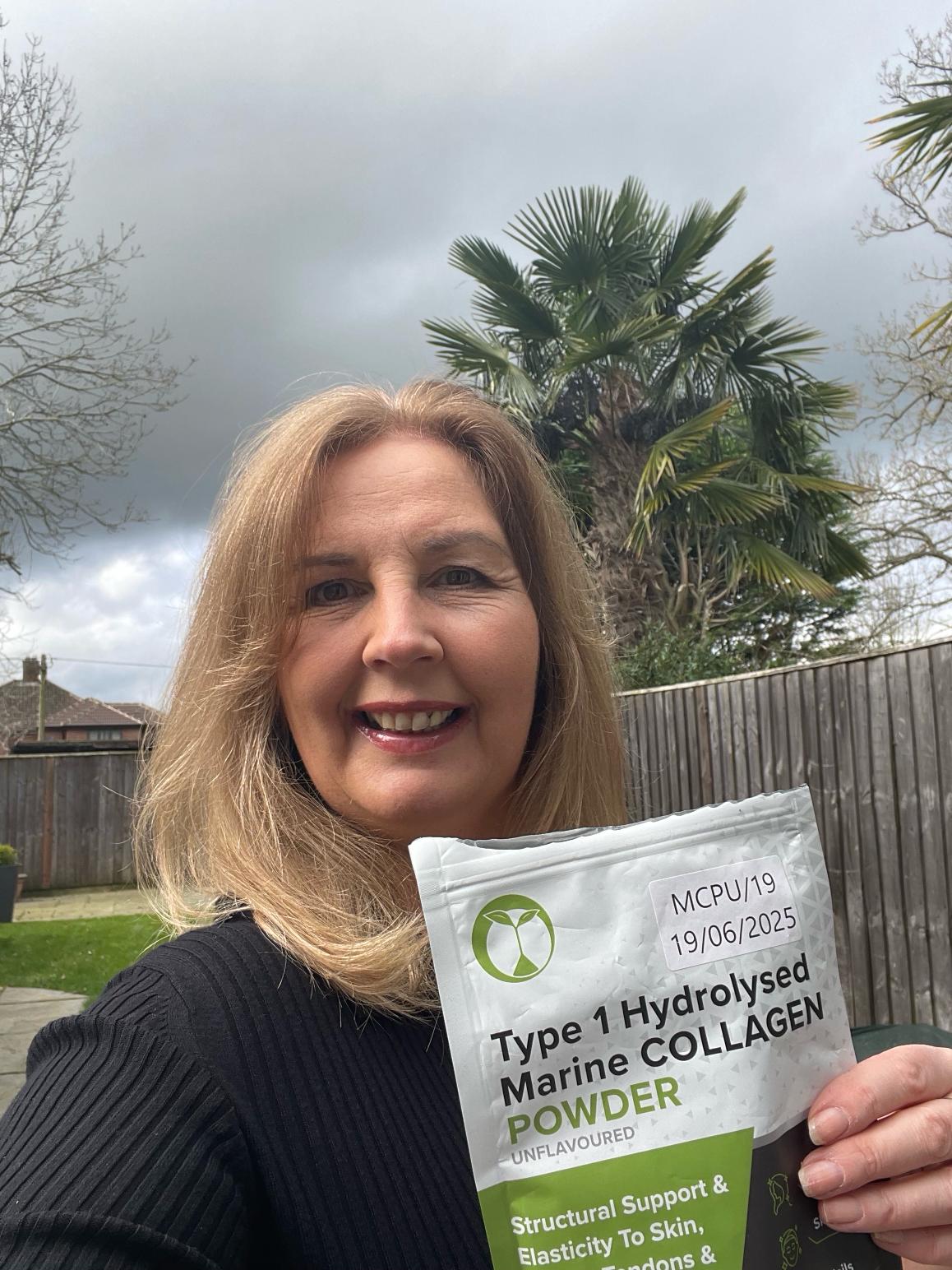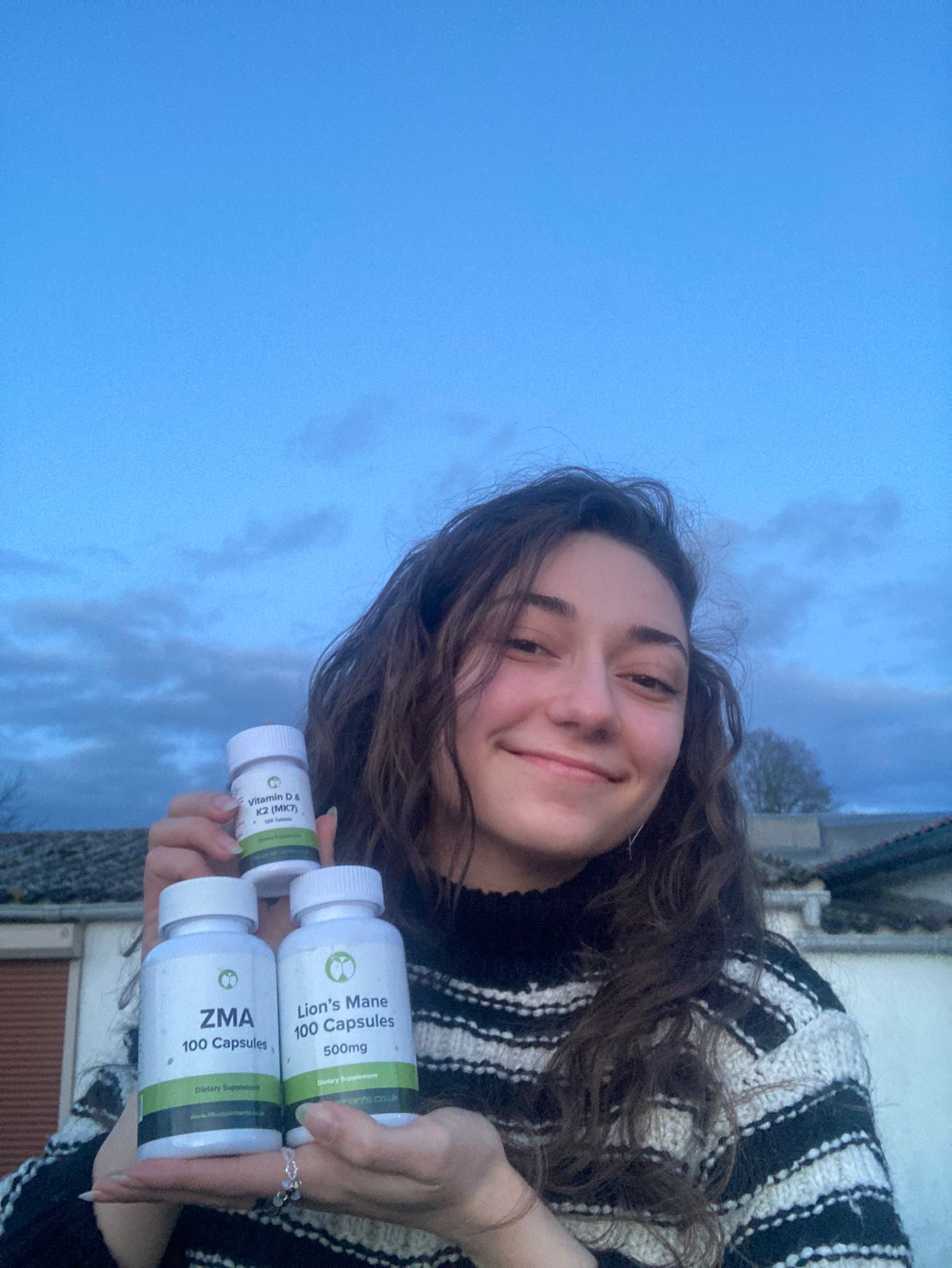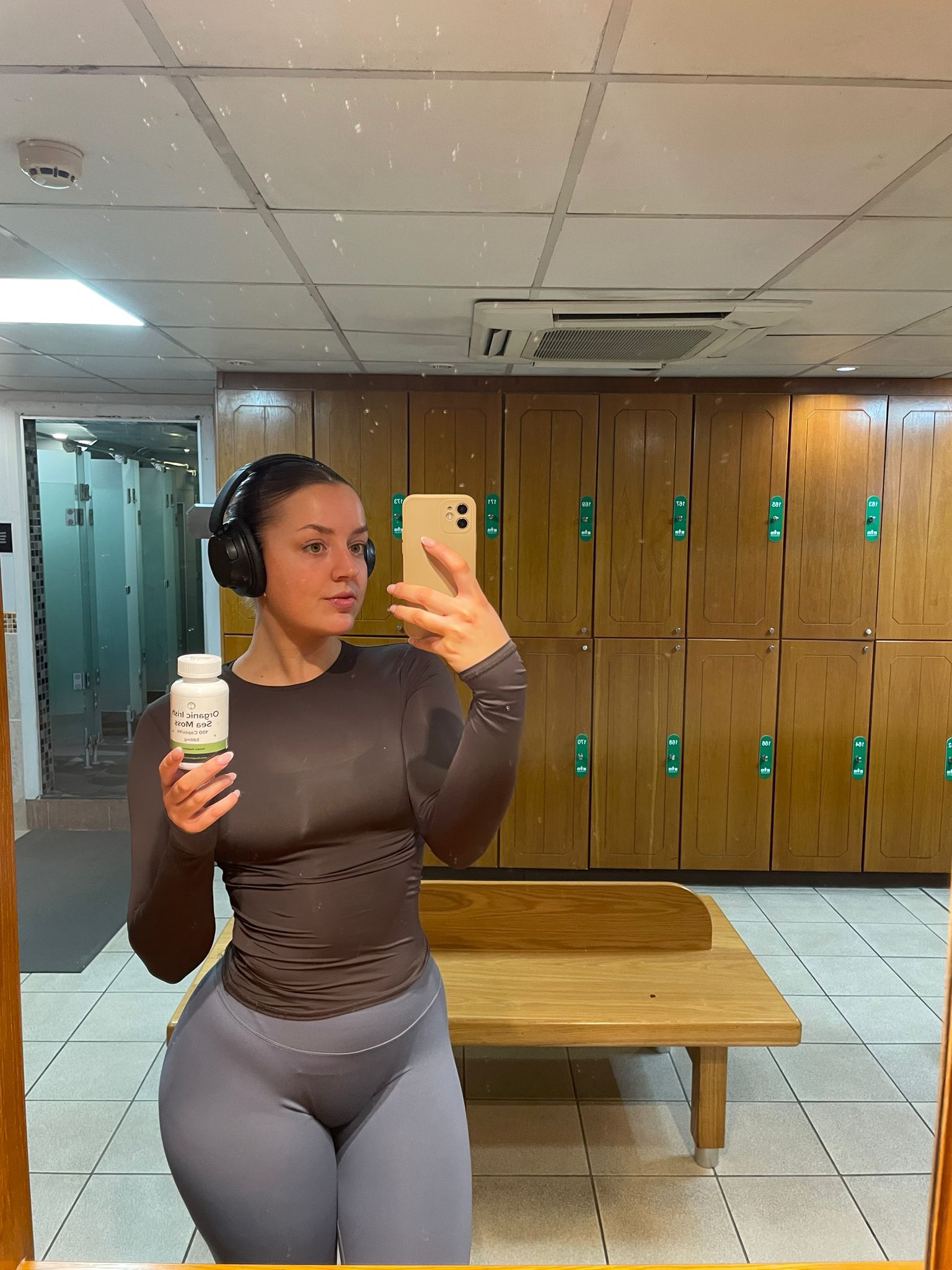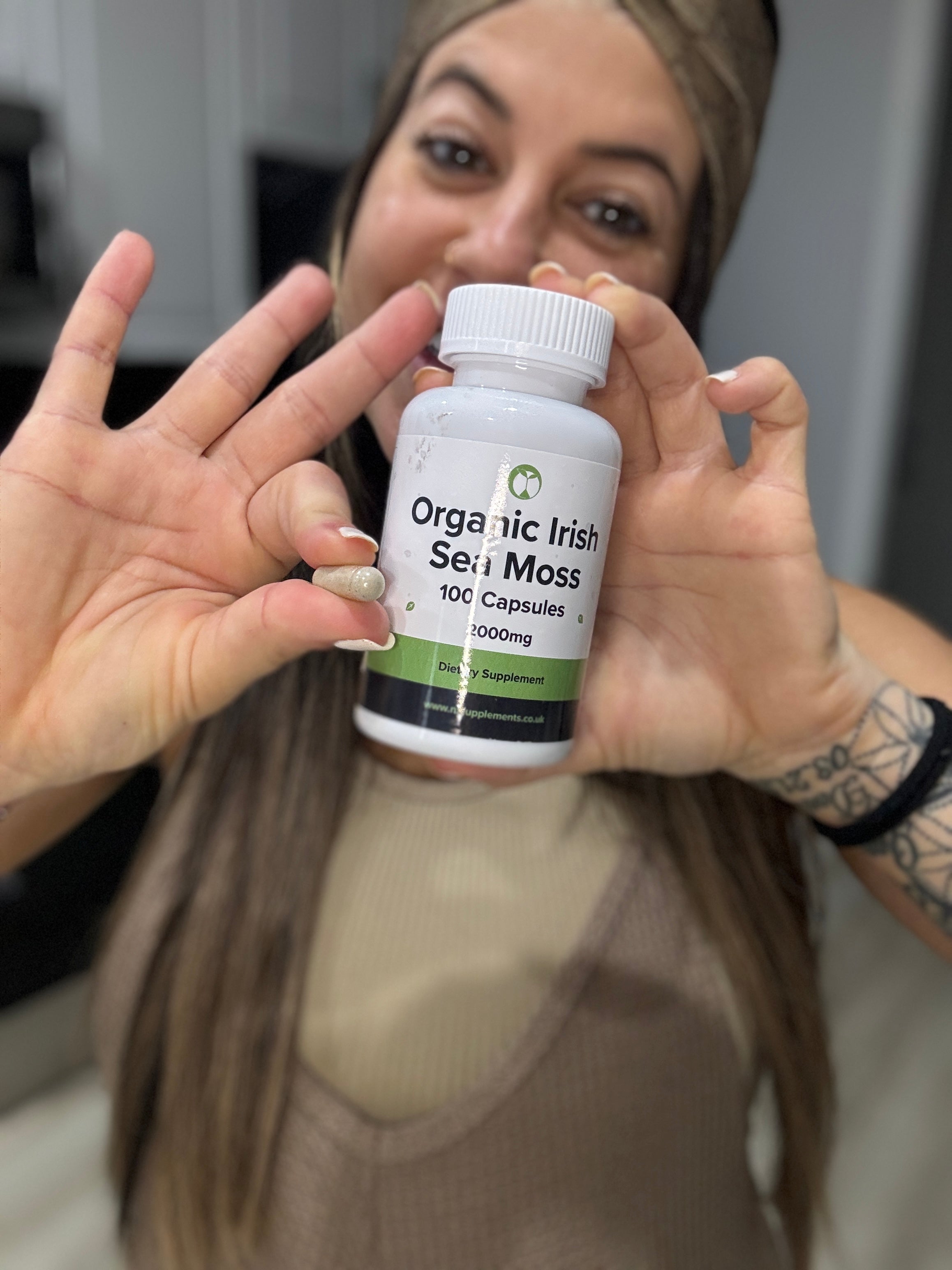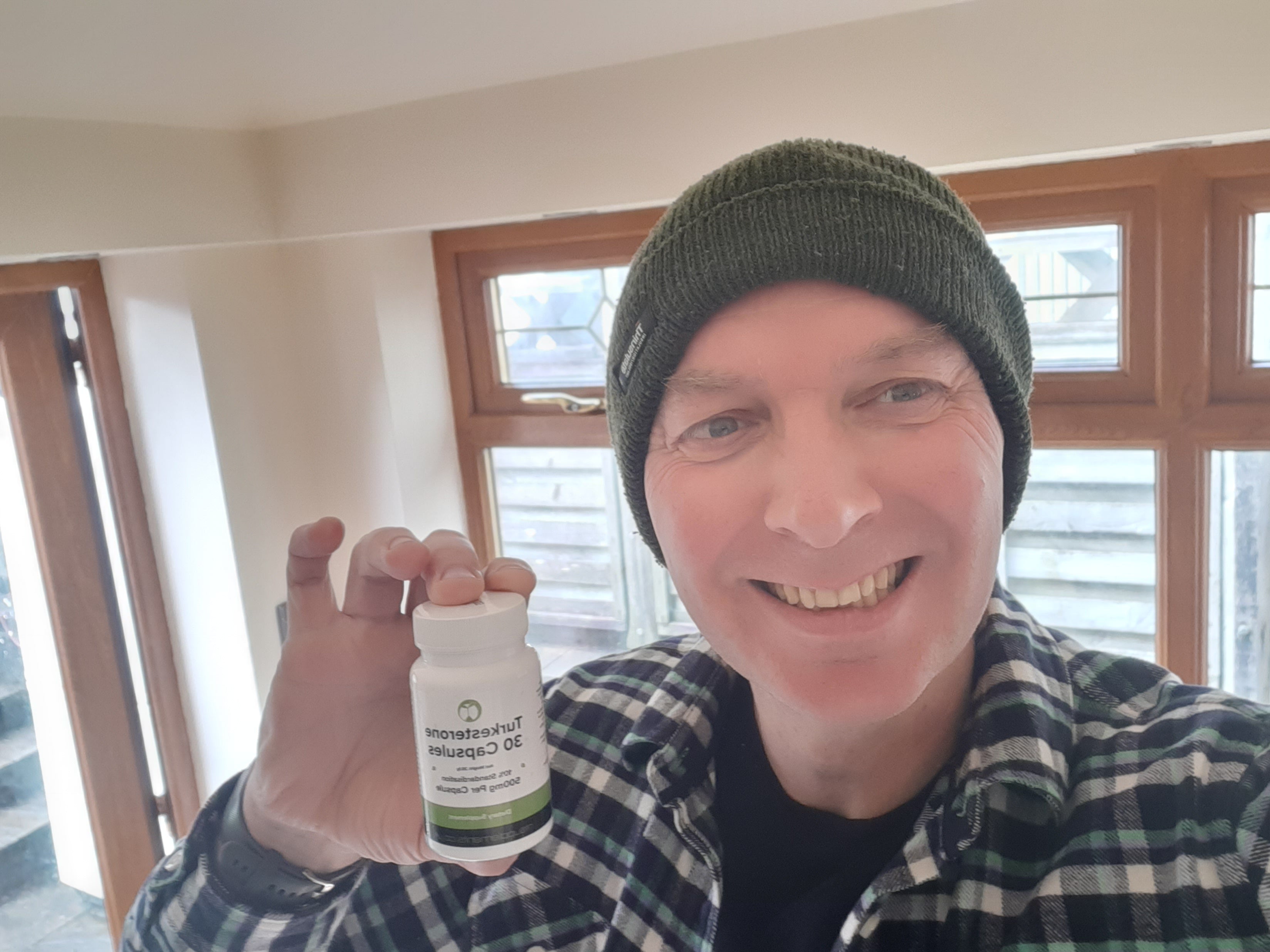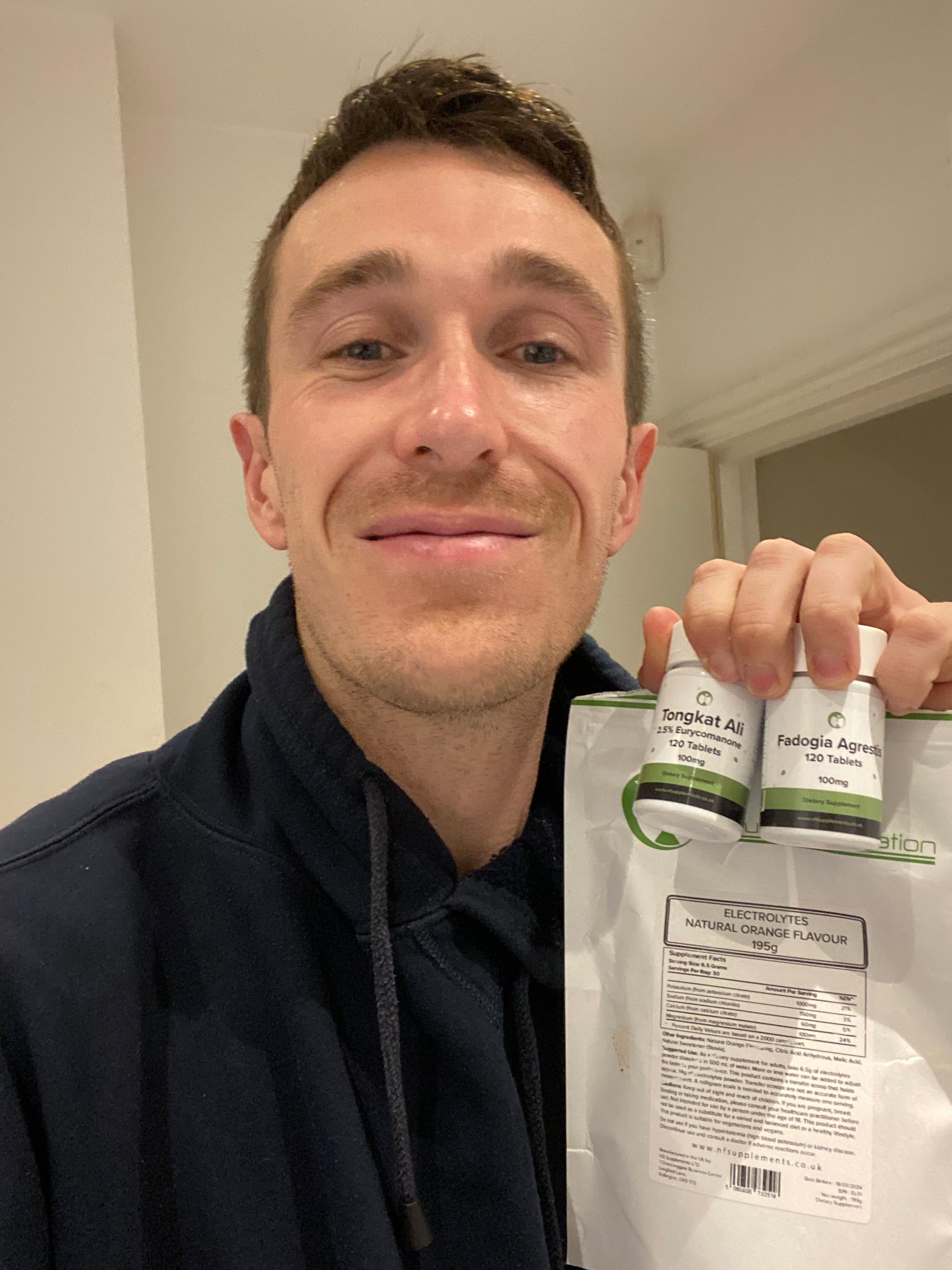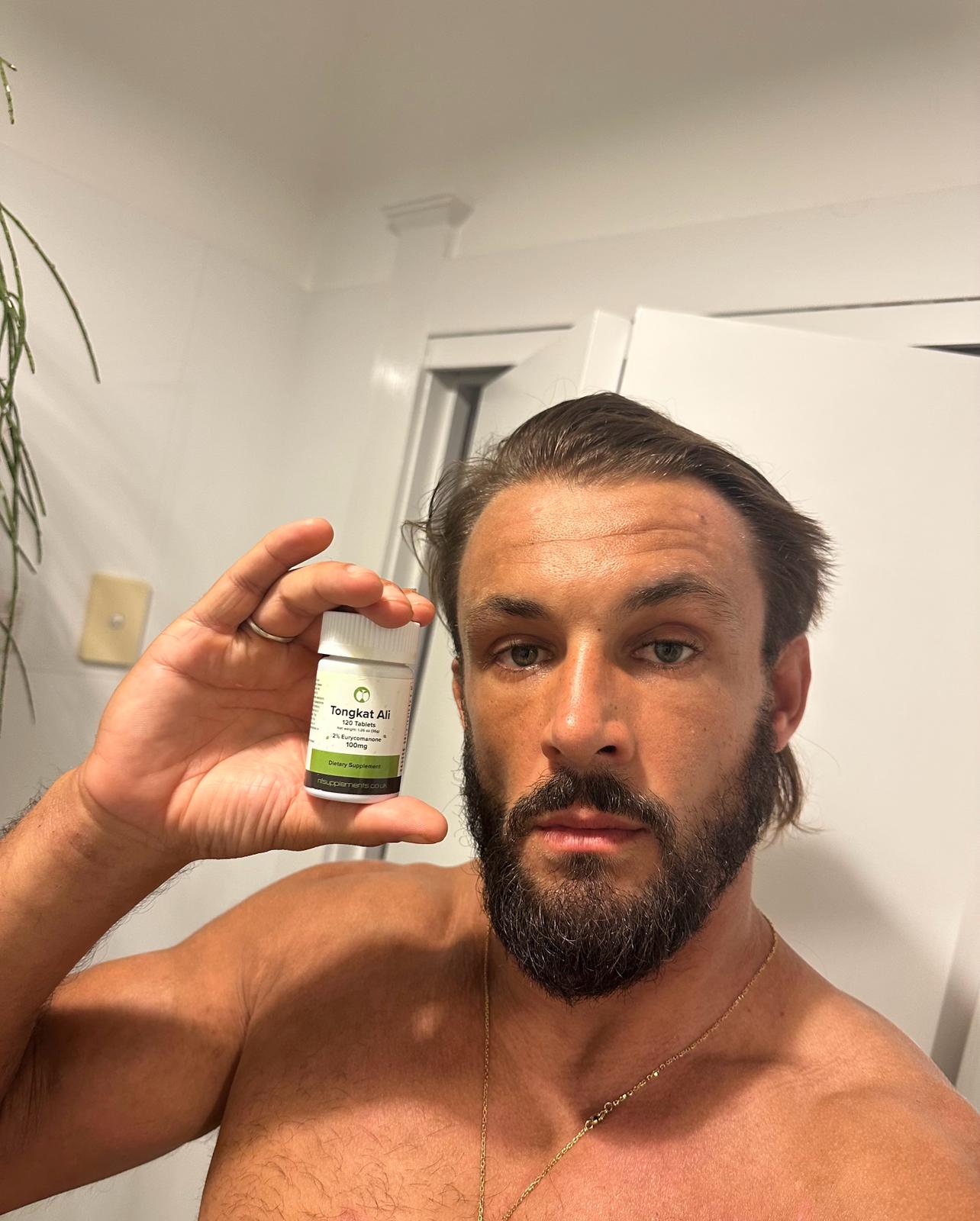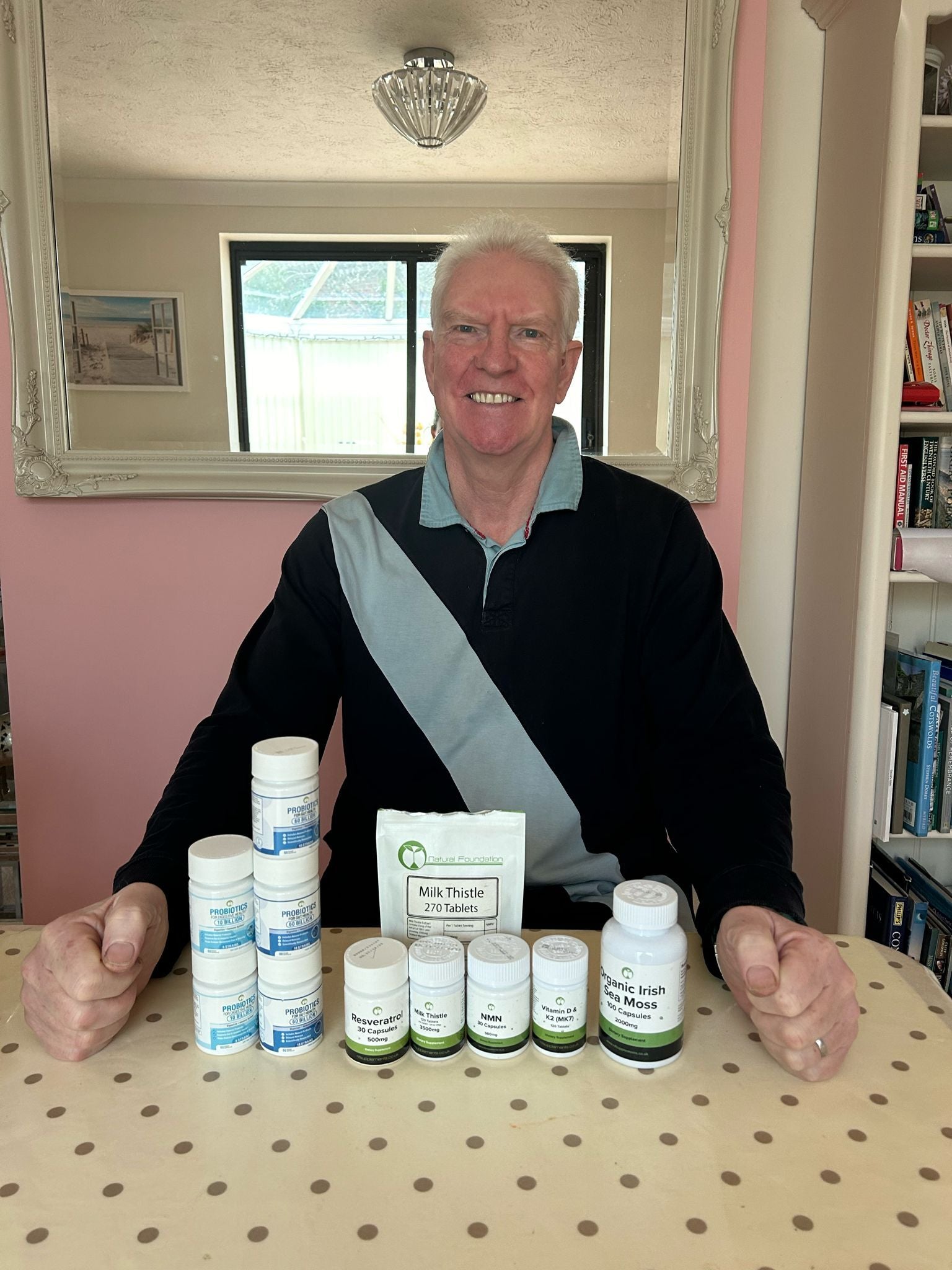Study type:
Rodent study
Purpose:
To assess the anti-ageing effects of Cordyceps sinensis in aged and castrated mice.
Method of evaluation:
Learning and memory were assessed using water maze and step-down type avoidance tests. The water maze test measures spatial learning and memory in animals by requiring them to find a hidden platform in a pool of water using visual cues. The step-down type avoidance test evaluates learning and memory in rodents by measuring their ability to associate an elevated platform with a foot shock and subsequently avoid stepping down.
Sexual activity of male mice was estimated by copulation behaviour after a female rat in estrus (a specific stage in the reproductive cycle when mating and conception are most likely to occur) was placed into the male’s cage.
Penis erection was evaluated using a laboratory apparatus in which an electrode was placed on the penis of male mice, and continuous electric shocks were administered until the penis achieved an erection. The time taken from the shock application to the onset of erection was measured as the penis erection latency.
Dose:
1.0, 2.0, or 4.0 g/kg of Crodyceps sinensis extract or controls
Duration:
6 weeks
Results:
The study found that doses of 2.0 and 4.0 mg/kg of cordyceps sinensis extract significantly improved learning and memory in aged mice compared to normal controls, in both water maze test and step-down avoidance tests. Among mice treated with the highest dose (4.0 g/kg) of Cordyceps, the cellular structure in the hippocampus (a region within the brain responsible for memory and learning) remained well-preserved, with no signs of swelling. This observation suggests that cordyceps sinensis extract has a protective effect on the cellular structure of the hippocampus in aged mice, potentially contributing to its anti-ageing effect.
The study also found that cordyceps sinensis shortened penis erection latency (the time it takes for the penis to become erect in response to a stimulus) and mount latency (the time it takes for a male animal to mount a female for sexual activity) in castrated mice, indicating a positive impact on sexual function.
In addition, cordyceps sinensis extract improved the activity of antioxidative enzymes in aged mice, indicating its antioxidative effect. The study further discovered that the extract lowered the activity of monoamine oxidase (an enzyme that breaks down neurotransmitters in the brain) in aged mice, suggesting potential for enhanced brain function and prevention of age-related cognitive decline.
Overall, these findings suggest that cordyceps sinensis extract has a potential anti-ageing effect by improving brain function, antioxidative enzyme activity, and sexual function.
Year:
2011
Link:
https://doi.org/10.1002/ptr.2576











